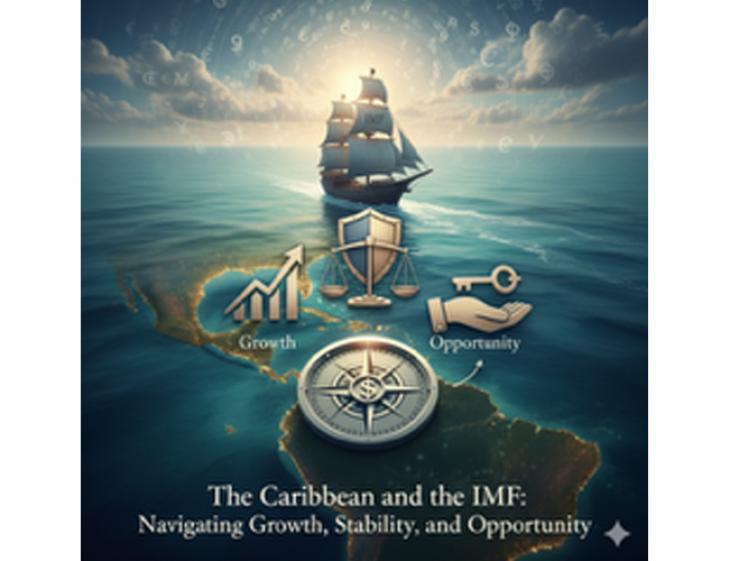
By Publisher Ray Carmen
The Caribbean, with its sun-soaked beaches, vibrant cultures, and resilient economies, has always been a region of promise—but also of challenges. From hurricane damage to fluctuating tourism revenues, Caribbean nations often face economic volatility that can impact both development and livelihoods. It is in this context that the International Monetary Fund (IMF) has increasingly played a role in shaping financial stability and growth across the islands.
In recent years, IMF programs have supported several Caribbean nations in addressing fiscal imbalances, enhancing public financial management, and strengthening resilience against external shocks. Countries such as Jamaica, Barbados, and Trinidad & Tobago have engaged in structured IMF arrangements to stabilize their economies, reduce debt burdens, and restore investor confidence.
The IMF’s involvement is not only about numbers—it is about sustainable development. Policy advice often encourages diversification beyond tourism, promoting renewable energy, digital infrastructure, and financial services. For example, small island states are now exploring blue economy initiatives, which aim to harness ocean resources while ensuring environmental protection—a strategy supported in part by IMF economic assessments and guidance.
Critics sometimes view IMF interventions as heavy-handed, citing austerity measures and social impacts. Yet proponents argue that, when combined with careful domestic policy and strong governance, IMF support can provide the breathing space necessary for long-term growth. Indeed, nations that have embraced reforms have often seen improved credit ratings, lower borrowing costs, and renewed investment flows.
Looking ahead, the Caribbean faces a complex economic landscape—climate change, global market shifts, and post-pandemic recovery all loom large. Collaboration with institutions like the IMF can help islands manage these uncertainties while pursuing sustainable development. For Caribbean nations, the key will be to balance immediate financial stability with long-term strategies that preserve both prosperity and the region’s natural beauty.
As the Caribbean charts its future, the IMF remains both a guide and a partner—helping the islands turn economic challenges into opportunities for growth, resilience, and enduring success.




